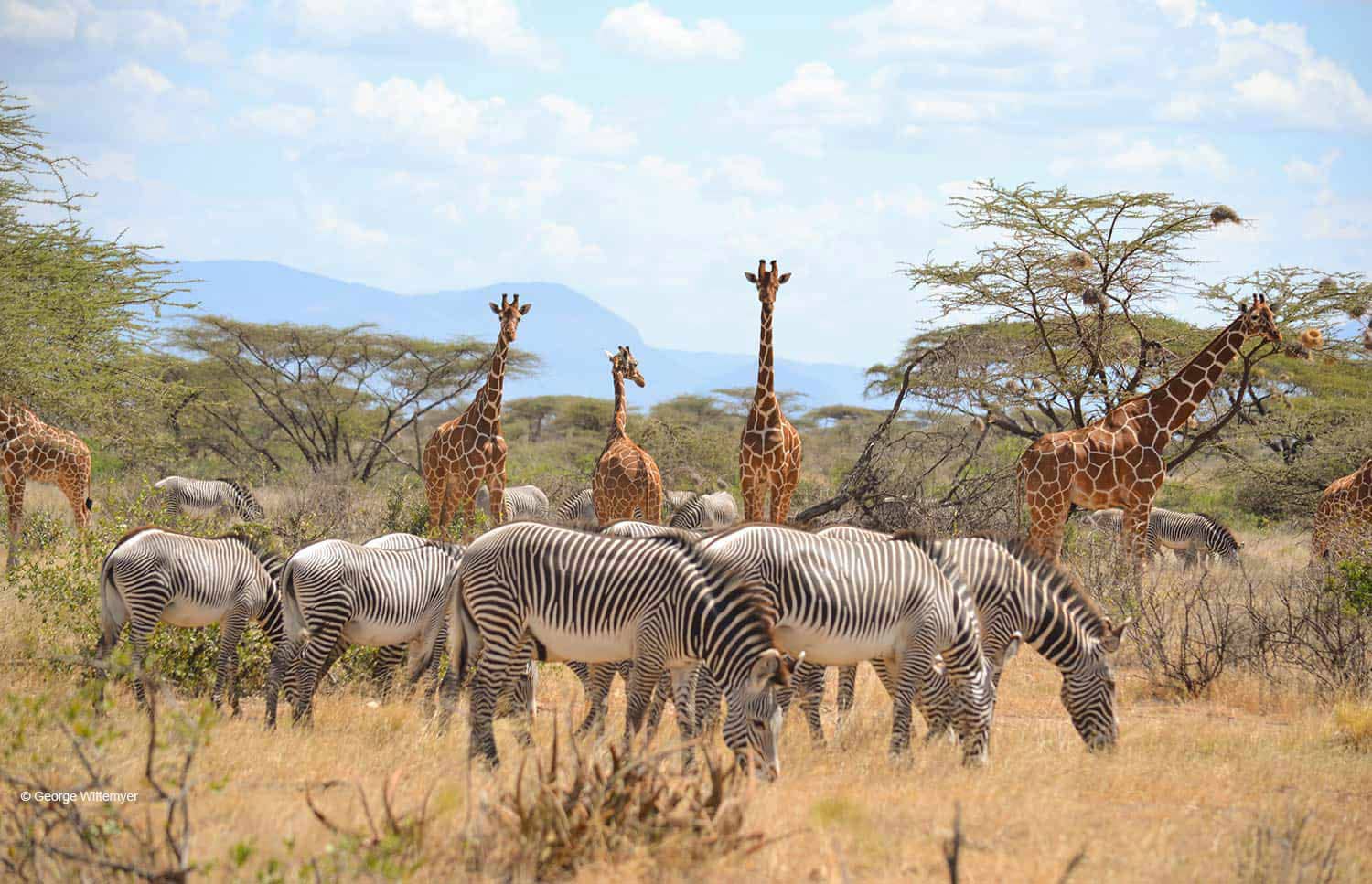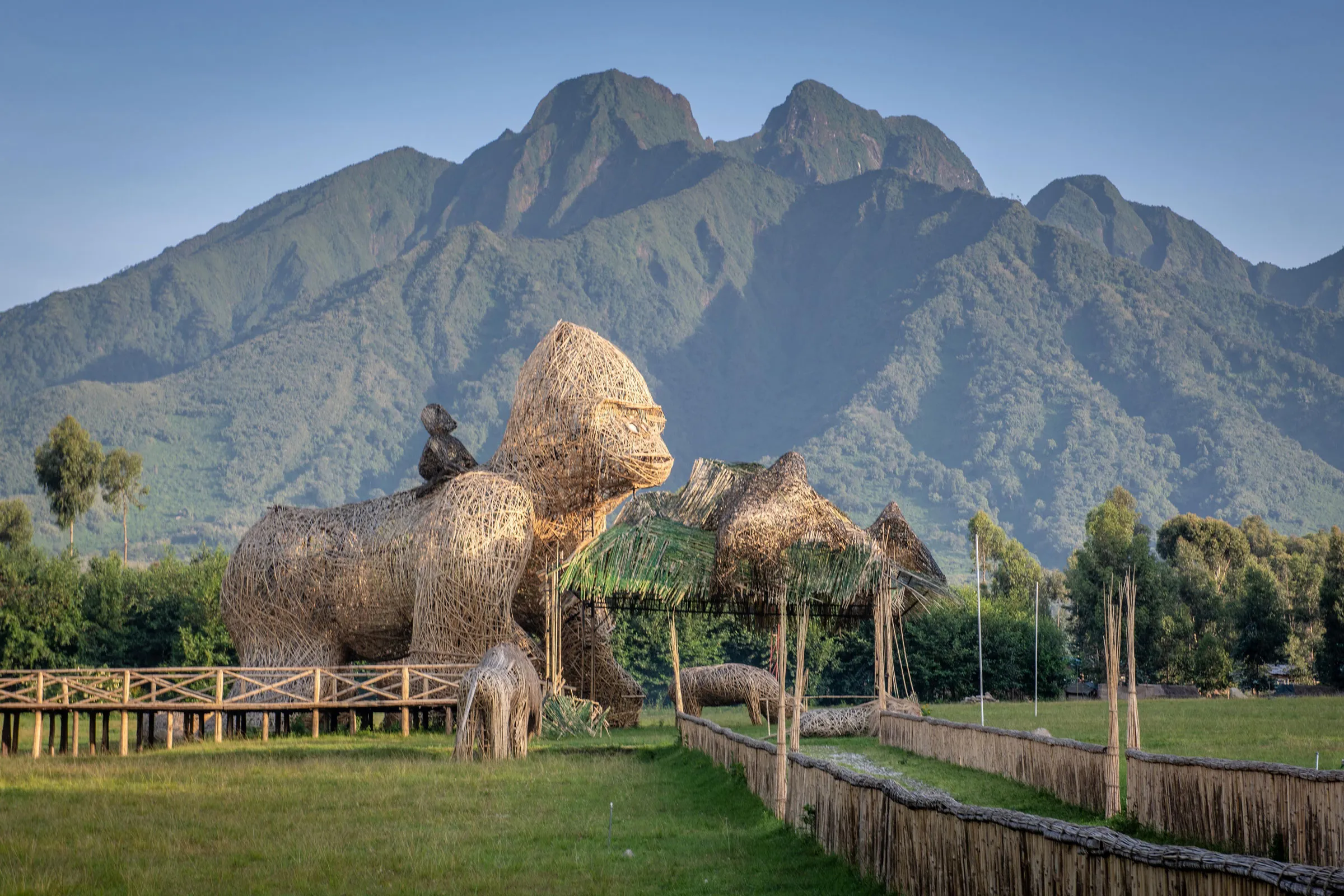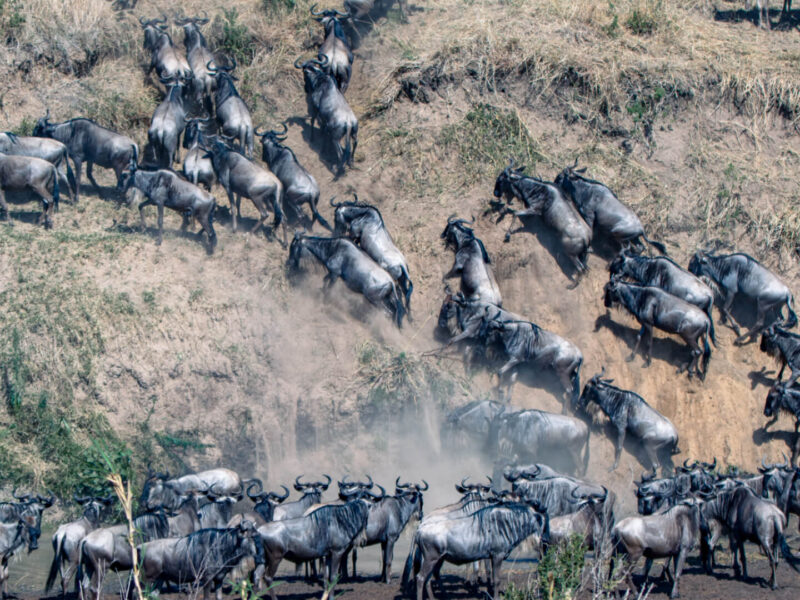
Samburu National Park
April 2, 2025
The Kigali Genocide Memorial
April 2, 2025Tourism in Rwanda: A Comprehensive Overview
Rwanda, often dubbed the “Land of a Thousand Hills,” is a small, yet stunningly beautiful country located in East Africa. Known for its mountainous terrain, lush rainforests, breathtaking landscapes, rich cultural heritage, and unique wildlife, Rwanda has emerged as a premier destination for eco-tourism and sustainable travel. Over the years, Rwanda has developed into a world-class tourist destination, offering a variety of experiences ranging from wildlife safaris to cultural immersion and adventure tourism.
Here’s a comprehensive overview of tourism in Rwanda, highlighting the country’s key attractions, activities, and tourism trends.
Rwanda’s diverse ecosystems, from the towering volcanoes to the lush rainforests, make it a haven for nature lovers and wildlife enthusiasts. The country is home to some of the world’s most unique and endangered species, including the mountain gorillas, which are the primary draw for wildlife tourism.
Tourism in Rwanda has grown significantly in recent years, positioning the country as one of the most exciting and promising travel destinations in Africa. Known as the “Land of a Thousand Hills,” Rwanda offers a diverse range of attractions for visitors, including its breathtaking landscapes, rich wildlife, and vibrant culture. Here are some key aspects of tourism in Rwanda
Rwanda, often referred to as the “Land of a Thousand Hills”, is a small but stunning country in East Africa that has quickly risen to prominence as a top travel destination. Known for its breathtaking landscapes, diverse wildlife, and rich cultural heritage, Rwanda’s tourism sector has experienced significant growth in recent years. This growth is largely driven by the country’s commitment to sustainable tourism practices, conservation, and its overall transformation into a peaceful, stable, and forward-looking destination.
- Natural Beauty and Scenic Landscapes
Rwanda is renowned for its spectacular landscapes, which are characterized by lush green hills, volcanic mountains, and tranquil lakes. The country’s natural beauty is one of its strongest assets, attracting visitors who seek outdoor adventure and scenic experiences.
– The Volcanoes National Park: Famous for being home to the endangered mountain gorillas, this park is located in the Virunga Mountain Range, one of the most scenic areas in Rwanda. Trekking through the park’s misty slopes offers unparalleled views of the surrounding volcanoes, and encounters with the gorillas are truly a once-in-a-lifetime experience.
– Lake Kivu: Situated along Rwanda’s western border, Lake Kivu is one of Africa’s Great Lakes, surrounded by rolling hills and quaint lakeside towns such as Gisenyi and Kibuye. It offers a peaceful environment for visitors to relax, swim, boat, and enjoy beautiful sunsets.
– Nyungwe Forest National Park: A tropical rainforest in the southwestern part of the country, Nyungwe is a biodiversity hotspot, home to chimpanzees, over 300 bird species, and countless plant species. Its canopy walk offers a unique perspective of the forest and attracts those interested in eco-tourism and hiking.
– Akagera National Park: In eastern Rwanda, Akagera offers a more traditional African safari experience, with the opportunity to see the “Big Five” (lions, elephants, buffalo, leopards, and rhinoceros), along with a variety of antelope, hippos, and over 500 bird species. This park has benefited from significant conservation efforts in recent years, making it a growing draw for safari tourists.
- Wildlife and Conservation Efforts
Rwanda has made significant strides in wildlife conservation, which has played a pivotal role in the growth of its tourism industry. The country is a leader in the protection of its endangered species, particularly the mountain gorillas, and this commitment has helped Rwanda become a key destination for eco-tourism.
– Gorilla Trekking: Rwanda’s mountain gorilla trekking experience, particularly in Volcanoes National Park, is world-renowned. Visitors are granted the rare opportunity to trek through the forests to see these magnificent creatures up close, an experience that contributes to both conservation and sustainable tourism.
– Successful Conservation Programs: The Rwandan government has focused on preserving the environment and wildlife, with initiatives to increase the mountain gorilla population, as well as efforts to restore ecosystems, such as the reintroduction of rhinos to Akagera National Park.
- Cultural Heritage and History
Rwanda’s culture is an important draw for visitors, with its rich traditions, art, music, and food providing a deep and authentic experience. Rwanda’s unique history, particularly the events of the 1994 genocide, also makes it a significant destination for those looking to understand the country’s transformation and resilience.
– Genocide Memorials: Rwanda’s history, especially the tragic genocide, is an important part of the country’s tourism offerings. The Kigali Genocide Memorial and other sites around the country serve as places of remembrance, educating visitors about Rwanda’s past and the nation’s ongoing journey of reconciliation and healing.
– Cultural Villages and Traditional Experiences: Visitors to Rwanda can explore local culture by visiting traditional villages, where they can experience Rwanda’s music, dance, art, and customs. Activities like drumming performances and traditional dances offer visitors an immersive experience in Rwandan life.
- Tourism Infrastructure
Rwanda has invested heavily in improving its tourism infrastructure, making it more accessible and appealing to international visitors.
– Kigali, the Capital City: Kigali is a clean, modern city and has become a bustling hub for business, culture, and leisure. Visitors can enjoy the vibrant food scene, local markets, museums, and art galleries. Kigali’s Genocide Memorial and Inema Arts Center are just a couple of the highlights in the capital.
– Luxury Accommodations: Rwanda offers a variety of accommodations ranging from high-end luxury lodges and hotels to more budget-friendly options. The Radisson Blu Hotel in Kigali and eco-friendly lodges around national parks cater to the growing number of visitors seeking comfort and quality service.
– Road Networks and Air Accessibility: Rwanda has developed an efficient road network that connects key tourist destinations across the country. The Kigali International Airport serves as




